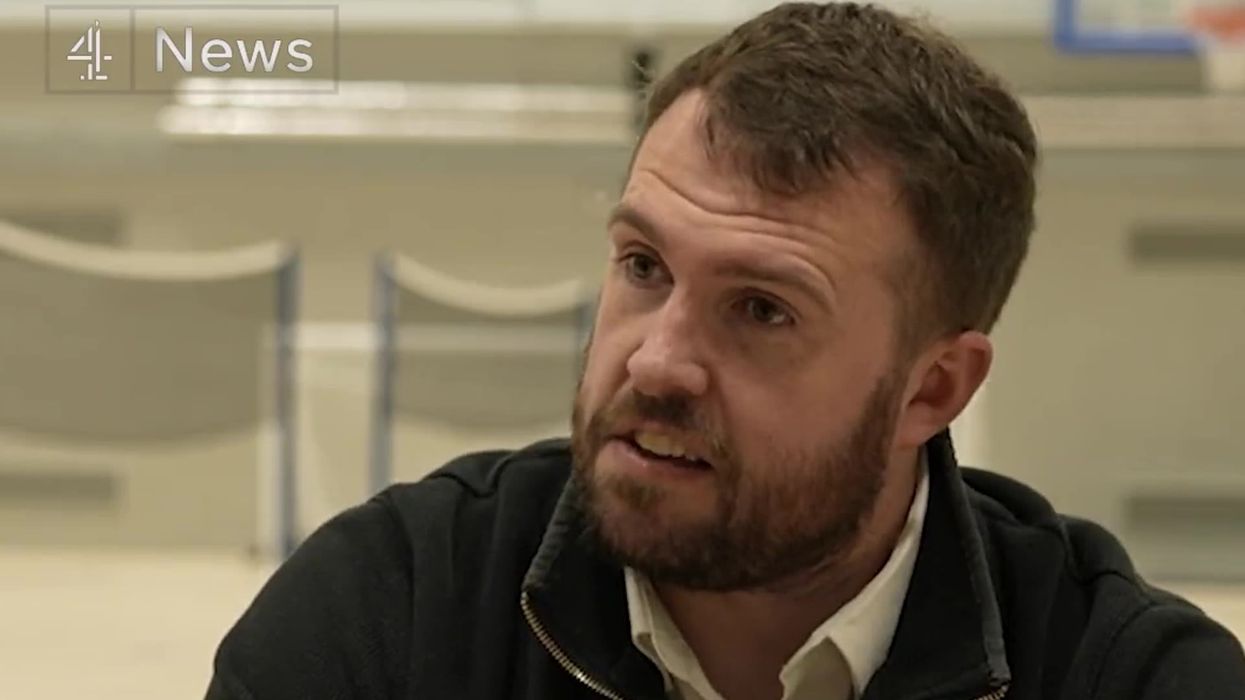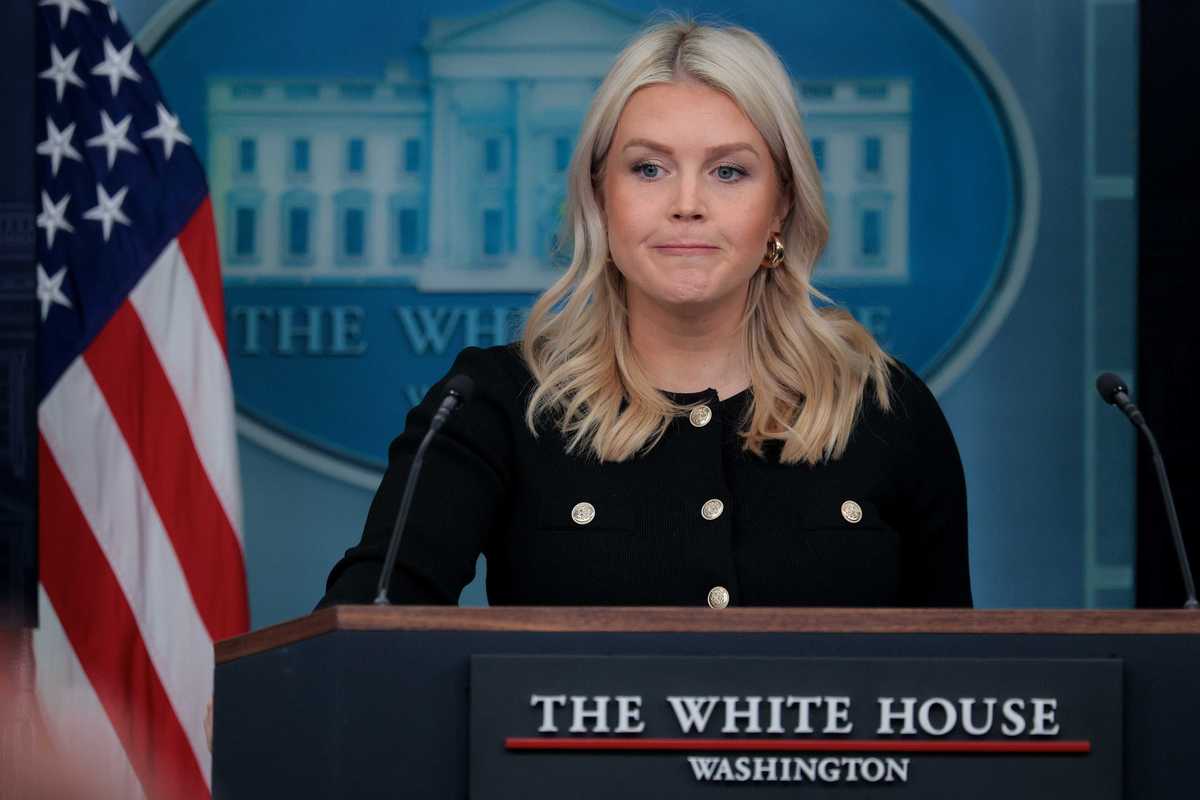Politics
Liam O'Dell
Jul 04, 2023
Related video: Tory MP Jonathan Gullis falsely claims Lineker called red wall voters ‘Nazis’
content.jwplatform.com
Move over National Conservatives and the European Research Group, a new Conservative splinter group with a hard stance on immigration has formed named the ‘New Conservatives’ – boasting controversial MPs such as Miriam Cates, Brendan Clarke-Smith and Jonathan Gullis.
To recap, Ms Cates claimed “cultural Marxism” – a conspiracy theory “openly used by antisemites, neo-Nazis and others with nefarious intentions”, according to the Antisemitism Policy Trust – is “destroying our children’s souls”.
Mr Clarke-Smith was condemned in 2021 for comparing footballers ‘taking the knee’ to Nazi salutes and more recently mocked a woman contacting the mental health charity Samaritans, while Mr Gullis once responded to concerns about missing migrant children by saying they “shouldn’t have come here illegally”.
There’s 20 Tory MPs in total making up the New Conservatives, who supposedly stand for “the realignment of British politics” whereby Westminster “respects the views, values and interests of the British people”.
They launched a “plan to cut migration” on Monday, with recommendations including implementing the government’s Illegal Migration Bill for deporting asylum seekers to Rwanda, capping the number of refugees accepted for UK resettlement at 20,000 people, and limiting the amount of social housing made available to “non-UK nationals” to five per cent “until the number of British families waiting for housing clears”.
The plan’s executive summary reads: “The British public voted for a strong approach to migration. They did not vote for mass migration and the social and economic harms it brings.
Sign up to our free Indy100 weekly newsletter
“Without swift action to get migration under control, the Conservative Party will further erode the trust of hundreds of thousands of voters who lent the Party their vote in 2019.
“Prime Minister Rishi Sunak is rightly taking measures to cut net migration. His proposal to prevent foreign students from bringing dependants with them is a welcome step in the right direction. Likewise, the Illegal Migration Bill promises to tackle the growing number of migrants who enter the UK via dangerous and dishonest means.
“But more must be done. In order to meet the Manifesto pledge by the next election, net migration must reduce by approximately 400,000.”
However, while the New Conservatives are only just getting started, the organisation behind the group (as in, listed as having "significant control" on Companies House) – The New Social Covenant Unit – has been running since late 2020, and its ideas are a little wilder…
What do they want?
Chaired by Ms Cates and fellow New Conservatives member Danny Kruger MP, and with author and philosophy postgraduate Imogen Sinclair as its director, the unit calls for “a strengthening of the bonds that can make us safer and happier” around “families, communities and the nation”.
The New Social Covenant Unityoutu.be
Despite having two Tory MPs on its management team, the unit stresses it wants to work with individuals “whether they are on the left or right or politics or reject that binary distinction altogether”.
The “12 propositions”
Much like the New Conservatives’ love of a good 12-point plan for migration, the New Social Covenant Unit has 12 “propositions” for UK politics. These are:
- Politics should “create the conditions of virtue”
- “Government should nudge our institutions towards patriotism”
- “Greater security in food, energy and tech”
- “Environmental nationalism”
- “A new constitutional settlement”
- “Investment in social infrastructure”
- “A more social economy”
- “Public services are too centralised and individualised”
- “A new principle of ‘community power’”
- “The vocations of care and creativity”
- The British home is an “economic institution”
- “Marriage is a public institution”
We won’t elaborate on all of them to save you from boredom, but talk of food security may be a tad ironic considering the New Conservatives’ Gareth Bacon recently came under fire for saying food bank users “have to look at how they manage their finances”.
Under its fifth proposition, the unit imagines a “conundrum” in which a coalition of Labour, the Liberal Democrats and “nationalist parties” (like the Scottish Nationalist Party and Plaid Cymru) could form a government “without a majority of seats in England”.
“The obvious answer to this constitutional conundrum is to give England a government of its own, as the other nations of the UK have, with just the major strategic functions … reserved to the UK.
“The UK government should be just that: the government of the UK, rather than the English government with some residual power over the neighbours,” it states.
The issue here of course is that we imagine SNP backers will point out an organisation chaired by Tories is essentially arguing for ‘English independence’, when the government is continuing to reject calls for a second Scottish independence referendum.
As for its final point on the “public institution” of marriage, the New Social Covenant Unit report – penned by Mr Kruger - says the ceremony is “the way in which society regulates baby-making”.
While this section acknowledges “not every marriage produces children”, not once does it explicitly mention couples who are not in a cisgender and/or heterosexual relationship. Instead, it partly blames the UK’s “cultural silence” around marriage on public discourse being “infected with, or scared of, the second-wave feminist belief that traditional family forms are oppressive towards women”.
Mr Kruger’s paper also goes on to blame governments for “successively” dismantling “the legal and fiscal structures” supporting marriage over the past generation.
“We removed [marriage’s] physical basis by abolishing sex as an expected component of marriage (in the 2013 Equal Marriage Act),” he writes.
Except that Act doesn’t exist, and what the MP is actually referring to is the 2013 Marriage (Same Sex Couples) Act, which opened up marriage to same-sex couples in England and Wales.
So that doesn’t sound exclusionary or problematic at all, Danny…
The advisory board
And if this didn’t sound troubling enough, then the six members of the unit’s advisory board aren’t exactly free from controversy…
Professor Nigel Biggar, of the University of Oxford, previously made headlines for claiming British people feel guilt around the country’s colonial past because “most [of them] know nothing about it” and that it was wrong to suggest “empire equals evil”.
Just last week he told the Chalke Valley History Festival near Salisbury: “I don’t think it’s true that the record of the British in their various imperial endeavours is simply one of racism and exploitation and oppression and violence.”
Mary Harrington, a columnist at the news and opinion website UnHerd, has penned pieces criticising the “progress Pride ideology” and claiming US entertainment programme Saturday Night Live is “becoming a vector for trans activism”.
Dr James Orr, a lecturer in the philosophy of religion at the University of Cambridge, appeared at the recent National Conservatism conference in London and is reported to have claimed sex education in the UK has been outsourced to “rainbow activists” who show children content “too graphic to even publish in newspapers”.
Jonathan Rutherford is a co-founder of Blue Labour, an organisation which “does not belong to the revolutionary left” but seeks to challenge “the liberal consensus of the capitalist order” with “radical and conservative” socialism.
Dr Tom Simpson, of the Blavatnik School of Government at the University of Oxford, said in a government press release on free speech at universities back in 2021 that “a very online culture allows the views of a minority to exert disproportionate influencers on administrators, and to exert a chilling effect on other academics”.
He added that “promoting a form of politicial non-discrimination” is a “crucial step towards a culture of free discourse in our universities”.
Finally, there’s the former transport secretary and ex-Labour MP, Ruth Kelly. Since leaving parliament she’s now the chair of Water UK, the industry body which issued an apology in May over all the sewage ending up in English rivers.
Have your say in our news democracy. Click the upvote icon at the top of the page to help raise this article through the indy100 rankings.
Top 100
The Conversation (0)













